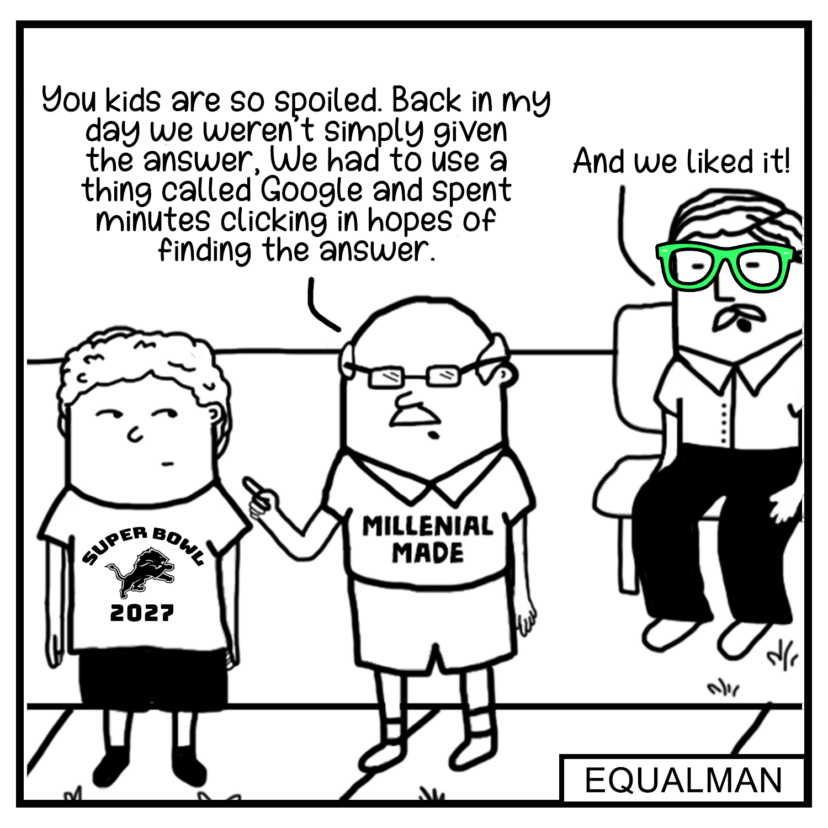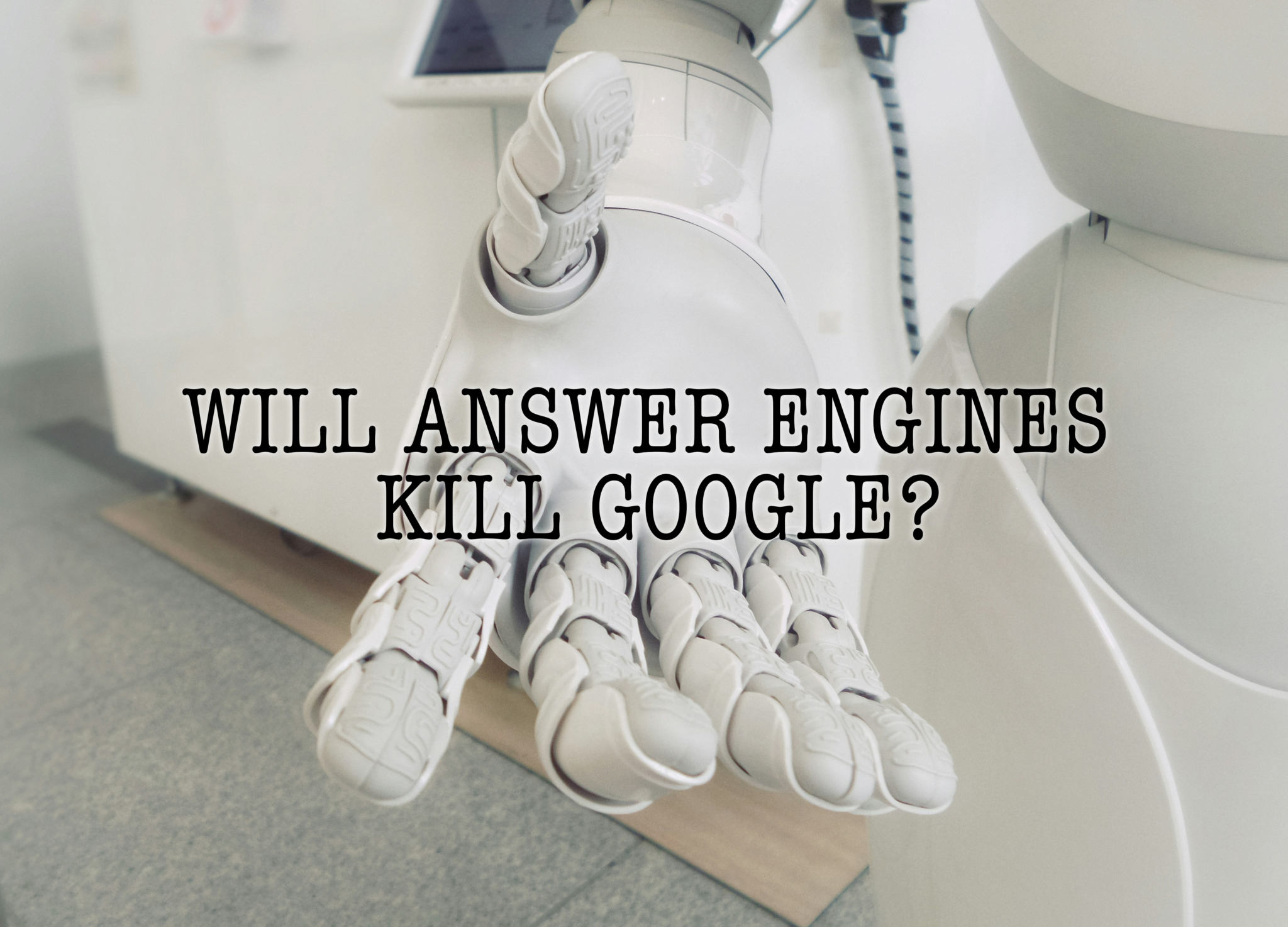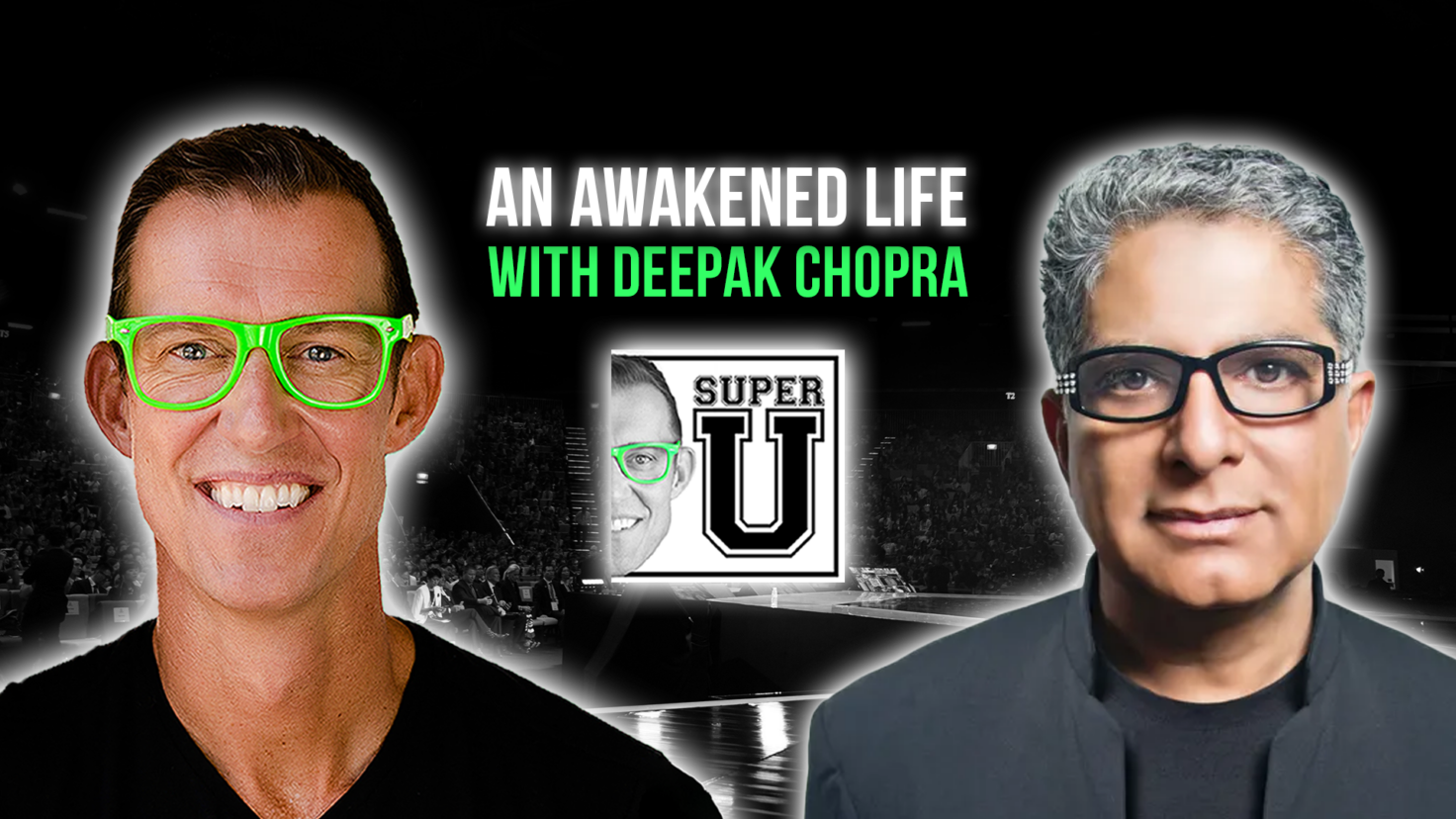Will Answer Engines Kill Google?

For the past two decades, we have navigated the internet through search engines. I remember working at Yahoo and attending Google Dance Parties. What is a Google Dance Party, you ask? Think of a prom, but with disheveled search nerds, booze, and fembots (yes, sigh, fembots). Surprisingly, it was harder to get into these dances than a Taylor Swift concert.
Over the years, Google has become noisier and less reliable. The ten blue links they once provided have transformed into sponsored posts, advertisements, and clunky, ad-invested landfills.
The future of search is answer engines.

Answer engines like ChatGPT, Llama, and Perplexity provide answers, not links.
Google has felt the pressure from these AI startups. At the start of this month, they begrudgingly placed their Google Gemini AI answers at the top of their traditional search results. Why did they wait so long? Monetization.
Google and others haven’t figured out how to make tons of cash from these answer engines or AI in general. Yet, the cost to power these tools is astronomical. Compute is the new oil. Let that sink in: compute is the new oil.
Also, remember that roughly 80% of Google’s current revenue is from search/advertising. They don’t want to kill their golden goose. Yet, if someone is going to eat your lunch, it might as well be you (okay, two metaphors there, and a Goose Sandwich doesn’t sound great).
6 Disruptions of Answer Engines:
- Google loses its search dominance (50% chance)
- Google increases its dominance as people no longer “click off” Google (50% chance)
- Investment and growth in AI slow since it’s too costly—the bubble bursts (30% chance)
- Media website traffic plummets (see #2) especially for smaller publishers (90% chance)
- Voice recognition begins to dominate (90% chance)
- You (the user) win since now you receive quick, accurate answers (100% chance)
While the current answer machines (including Google Gemini) often provide wildly inaccurate answers, they are getting better every second. Google’s search dominance will eventually end, yet no one knows when. But always remember that things are slow until they are fast.





